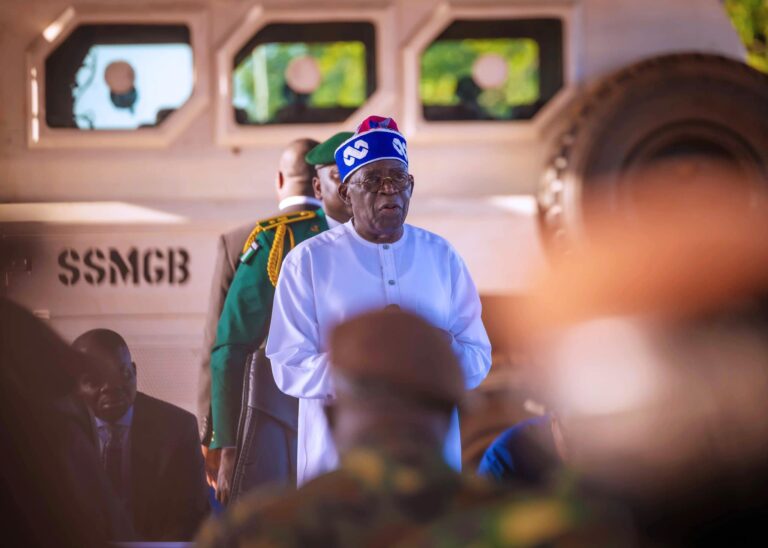In President Tinubu’s federal administration, there is a budget allocation of N5 billion for a Presidential yacht and N5.5 billion designated for student loans.
Reports indicate that President Bola Tinubu’s Federal Government has included a proposal to allocate N5.095 billion for the acquisition of a Presidential yacht within the Nigeria Navy’s capital expenditure, along with an additional N5.5 billion designated for the education loan fund in the 2023 supplementary budget.
The breakdown of the 2023 supplementary appropriation expenditures for various Ministries, Departments, and Agencies (MDAs) reveals that the Nigerian Navy has submitted a budget proposal comprising a capital expenditure of N42.3 billion and a recurrent expenditure of N20.42 billion, totaling approximately N62.8 billion.
Additional components within the budget proposal presented by the Nigerian Navy encompass the procurement of automobiles, development of naval facilities in Lekki and Epe, the supply of essential equipment, and the acquisition of ammunition.
In the 2023 supplementary budget’s capital supplementation, the Federal government has proposed an allocation of N5.5 billion for an education loan fund to support student loans. The total capital supplementation for the 2023 supplementary budget amounts to N210.5 billion.
The Access to Education Act, also known as the Student Loan Act, was introduced by Rt. Hon Femi Gbajabiamila during the ninth National Assembly, and it was subsequently signed into law by President Tinubu in June. This legislation aims to offer interest-free loans to university students across the nation and address the recurring issues of strikes in higher education institutions.
President Bola Tinubu, in a recent address at the Nigeria Economic Summit, emphasized that the student loan program is set to commence in January 2024 after some initial delays.
Nigeria’s tertiary education institutions have frequently experienced repeated work stoppages initiated by staff unions like ASUU and ASUP. The primary causes of these disruptions include issues such as inadequate funding and a lack of institutional autonomy.
In 2022, Nigerian universities encountered an approximately 8-month disruption in academic activities due to a strike by the Academic Staff Union of Universities (ASUU).
Similarly, in 2020, the staff union of universities embarked on a 9-month strike to emphasize their demands to the government.

